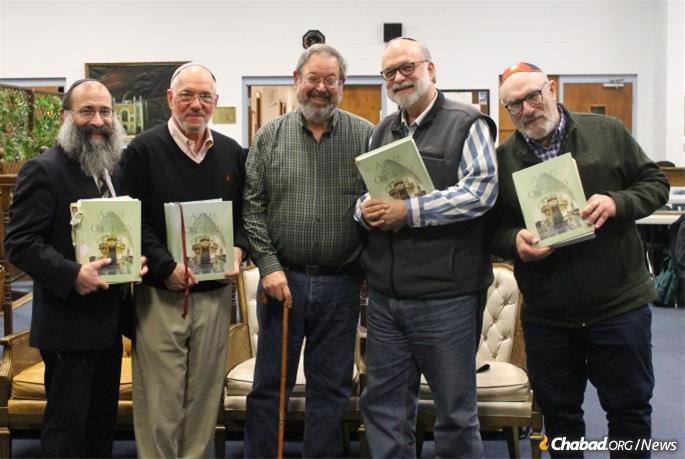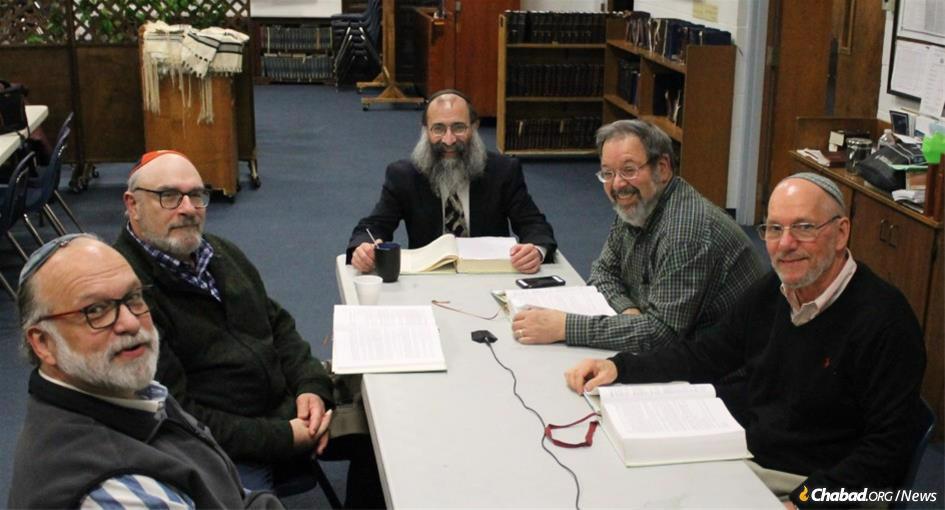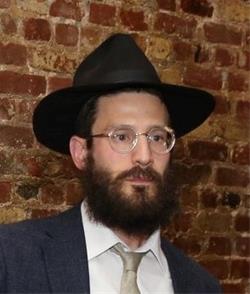As World War II drew to a close, Margarete Miller found herself lost and disoriented in a displaced persons (DP) camp somewhere in Europe, her home town of Bremen, Germany, flattened by Allied carpet bombing. The long, torturous war had ravaged the continent, and most Jews who survived the carnage were searching for new homes. Margarete found her calling working for the Hebrew Immigrant Aid Society (HIAS) to aid those desperate people in their emigration efforts.
A curious and smart young woman, Margarete had always been fascinated by the mystical world of Kabbalah. A closed book to most, her interest would have remained a dream had fate not had it that she encountered an elderly rabbi in the camp, who, to her good fortune, was steeped in the Kabbalistic tradition.
“You teach me the Kabbalah, and I will help you get to America,” Margarete negotiated with the rabbi. It sounded like a good deal, and so it was that Margarete, a young Jewish survivor from northern Germany, was introduced to the fascinating, cosmic world of Kabbalah.
One afternoon in 2010, Margarete’s son, Rudy Vogel, a native of Longmeadow, Mass., needed to get some items from the Judaica store in nearby Brookline, Mass. There, he chanced upon a large book with an intriguing title, Apples from the Orchard by Rabbi Moshe Wisnefsky—a tome of 1,117 pages boasting “Gleanings from the Mystical Teachings of Rabbi Yitzchak Luria (the Arizal) on the Weekly Torah Portion.” With the memory of his mother’s longstanding interest in Kabbalah lingering in his mind, Rudy acknowledged that his curiosity was piqued, and so he purchased it and brought it home.
And that’s where it stayed for nearly four years.
From Bremen to Safed to Longmeadow
That’s until Vogel joined the Jewish Learning Institute’s “The Land and the Spirit Israel Experience” in March of 2014. The itinerary brought them to the mystical city of Safed in the Galilee, the birthplace of contemporary Kabbalah. The footsteps of such greats as Rabbi Isaac Luria (The “Arizal”), Rabbi Shlomo Alkebetz (author of the “Lecha Dodi” song), Rabbi Moshe Cordovero (the “Ramak”), and Rabbi Chaim Vital can still be heard on the alleys and pathways of this dreamy hilltop town.
Tucked away in a stone building in this ancient city is Ascent of Safed, an English-speaking program for those seeking instruction in Kabbalah and how its best implemented in life. While visiting there, Rudy and his friends were inspired once again to dive into the waters of the Kabbalah.
Upon returning home, he contacted his longtime friends at the Lubavitcher Yeshiva Academy of Longmeadow, headed by the late Rabbi Dovid Edelman, expressing his desire to start studying Kabbalah. Edelman (who passed away less than a year later) suggested they discuss the matter with Rabbi Chaim Kosofsky, a teacher at the academy.
Kosofsky first proposed learning Shnei Luchot Haberit, a classic Kabbalistic work from Rabbi Isaiah Halevi Horowitz, a 16th-century Eastern European rabbi more widely known by the acronym of his work, Shelah, which his own father had encouraged learning. It is a marvelous, but dense text, and proved too difficult for the inchoate study partners.
It is then that Rudy recalled the Apples from the Orchard back at home. He suggested it to Kosofsky, and as they say, the rest is history: Finally, Margarete’s story of Kabbalah in the DP camp had come full circle with her son, Rudy, in Longmeadow.

‘It Has Transformed My Life’
What started as a personal study partnership grew to include other friends. For six years, every Tuesday night at 7:30 p.m., a steady core of four students—James Smith, Alan Lerman, Rudy Vogel and Guillermo Muhlmann—have slogged their way through the entire Orchard, picking many ripe apples along the way. And now, they are just about to finish, with just another 50 pages or so to go. They have plans to celebrate a grand siyum—and then immediately start again. As luck has it, the book has been reprinted with an additional 200 pages, so there’s plenty left to learn.
From its inception, Rudy has sponsored the class in memory of his mother. Not content to keep it to themselves, he and his friends pooled some funds to purchase the necessary equipment to stream the class live on YouTube under the handle “Garden of the Spirit.” Thanks to their efforts, their audience is now global, with at least one steady student logging on every week from Los Angeles.
“The really appealing part about this class is that people discover that nothing is incidental in the Torah, and indeed, the entire world,” Kosofsky told Chabad.org. “You know, people are initially skeptical of gematria (numerology), dismissing it as a game. But after six years, we all appreciate that it simply can’t be a game. There’s so much meaning, so many secrets that emerge from it, connections with various names of G‑d, that it really blows the mind.”
The rabbi continued, “We have a good time, we have fun. We get silly and goofy, and we talk about the practical lessons we can take for the type of things we encounter daily in the office or in the news. The class is the highlight of the week for each of us. When there’s no class, we suffer withdrawal.”
“For me—and really for everyone else, too—it has transformed our lives,” Rudy is proud to say. “With this knowledge, as a lowly human, you get to know the workings of G‑d’s world and how our tiny little world interplays with the entirety of the cosmos. The breadth of knowledge is simply astounding.
“It has definitely made me more religious and feel closer to G‑d.”
“Apples From the Orchard: Gleanings from the Mystical Teachings of Rabbi Yitzchak Luria on the Weekly Torah Portion” can be purchased at Jewish bookstores and online at kehotonline.com.





Join the Discussion